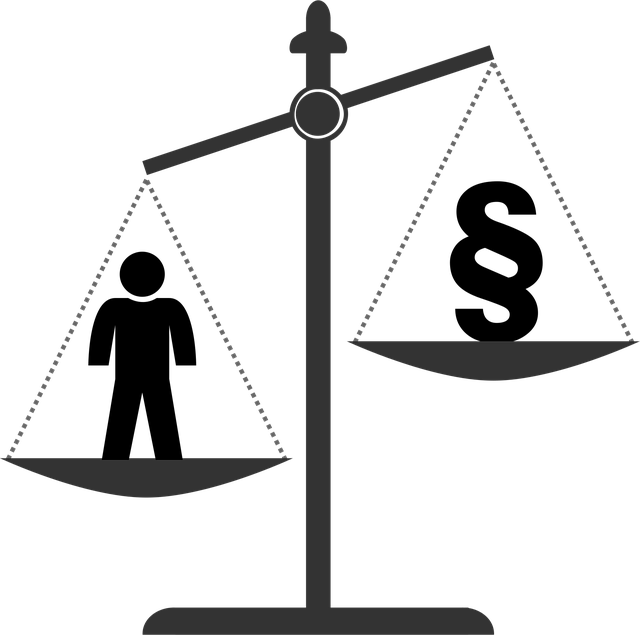Mail wire fraud scams have evolved into sophisticated digital operations, with impersonation tactics. Navigating plea bargains in felony cases involving these scams requires understanding the multi-stage scam process for robust evidence and successful prosecution. Experienced attorneys guide clients through complex legal negotiations, aiming for favorable outcomes including charge dismissal. Skilled lawyers use strategic communication and analysis to navigate goals of both defense and prosecution, protecting individuals from scammers using fake emails and phone calls. Staying alert, understanding common scams, and updating security measures are key defenses.
Mail wire fraud, a sophisticated and increasingly common scam, involves deceptive tactics to manipulate individuals into transferring funds. Understanding these schemes is crucial for navigating plea bargains in felony cases. This article delves into the intricacies of mail wire fraud, exploring legal consequences, plea bargain negotiation strategies, and essential protections to safeguard yourself from such scams. By understanding these aspects, you can better equip yourself against this growing threat.
- Understanding Mail Wire Fraud Schemes
- Legal Consequences of Felony Charges
- Plea Bargain Negotiation Strategies
- Protecting Yourself from Scams
Understanding Mail Wire Fraud Schemes
Mail wire fraud schemes have become increasingly sophisticated, leveraging digital technologies to deceive victims into transferring funds or sensitive information. These scams often involve impersonation, where perpetrators pose as legitimate entities like banks or government agencies, tricking individuals into believing they are conducting routine transactions. They may use urgent language, claiming that immediate action is necessary, which creates a sense of panic and hasty decision-making. Understanding these schemes is crucial for navigating plea bargains in felony cases, especially when victims have fallen prey to such deceptions.
For his clients, it’s essential to recognize the various stages of these fraudulent activities—from initial contact and identity theft to money laundering and the transfer of funds—to provide comprehensive evidence during investigations. All stages of the investigative and enforcement process require meticulous documentation and collaboration with authorities to ensure successful prosecution and restitution for respective business interests affected by such crimes.
Legal Consequences of Felony Charges
Navigating Plea bargains in Felony Cases can be a complex and challenging process for anyone facing felony charges. The legal consequences are severe, with potential prison sentences and long-lasting implications on an individual’s future. However, experienced legal counsel can play a pivotal role in guiding clients through this intricate system. A skilled attorney understands the nuances of plea bargains and can advocate for their clients to achieve favorable outcomes.
One of the objectives is often to secure a complete dismissal of all charges, aiming for extraordinary results. This strategy requires a thorough examination of the evidence, understanding of the law, and effective negotiation with prosecutors. By employing these tactics, legal professionals can help their clients mitigate the impact of felony charges, ensuring a brighter future beyond the courtroom.
Plea Bargain Negotiation Strategies
Navigating plea bargains in felony cases involves complex negotiations where both the defendant’s attorney and the prosecution strive to reach a mutually acceptable agreement. This strategic process is particularly crucial in high-stakes cases, as it can significantly impact the outcome for all parties involved. Throughout the negotiation stages, from the initial discussions to the final settlement, legal teams must consider various factors, including the strength of the evidence, potential penalties, and the client’s best interests.
Effective plea bargain strategies focus on understanding the respective business interests at play—the prosecution seeks just outcomes while ensuring efficient use of resources, whereas defendants aim for reduced charges or sentences. Skilled attorneys in these high-pressure situations must master communication, analysis, and persuasion techniques to navigate the intricate web of legal and personal considerations, ultimately aiming to achieve favorable outcomes during all stages of the investigative and enforcement process.
Protecting Yourself from Scams
Navigating Plea Bargains in Felony Cases is a crucial skill when it comes to protecting yourself from mail wire fraud scams. Scammers often employ sophisticated tactics, using fake emails or phone calls to trick victims into revealing sensitive information. To avoid becoming a victim, always verify the authenticity of communications, especially those requesting personal data or financial details. Be wary of any unexpected or urgent requests and take a step back to confirm the source independently.
An unprecedented track record in handling high-stakes cases for both corporate and individual clients has shown that staying alert and informed is key. By understanding common scamming methods, you can better identify suspicious activities. Regularly updating security measures and being vigilant against new scams are essential steps in protecting yourself from mail wire fraud. Remember, your diligence can often be the best defense against these cunning schemes.
Mail wire fraud, a sophisticated and evolving crime, demands careful navigation. Understanding these schemes, their consequences, and plea bargain strategies is crucial for both victims and defendants. By staying informed and adopting robust protection measures, individuals can safeguard themselves from such scams. When faced with felony charges, effectively navigating plea bargains can lead to favorable outcomes. This article has provided insights into these key aspects, equipping readers with the knowledge needed to protect their interests in the face of mail wire fraud.






